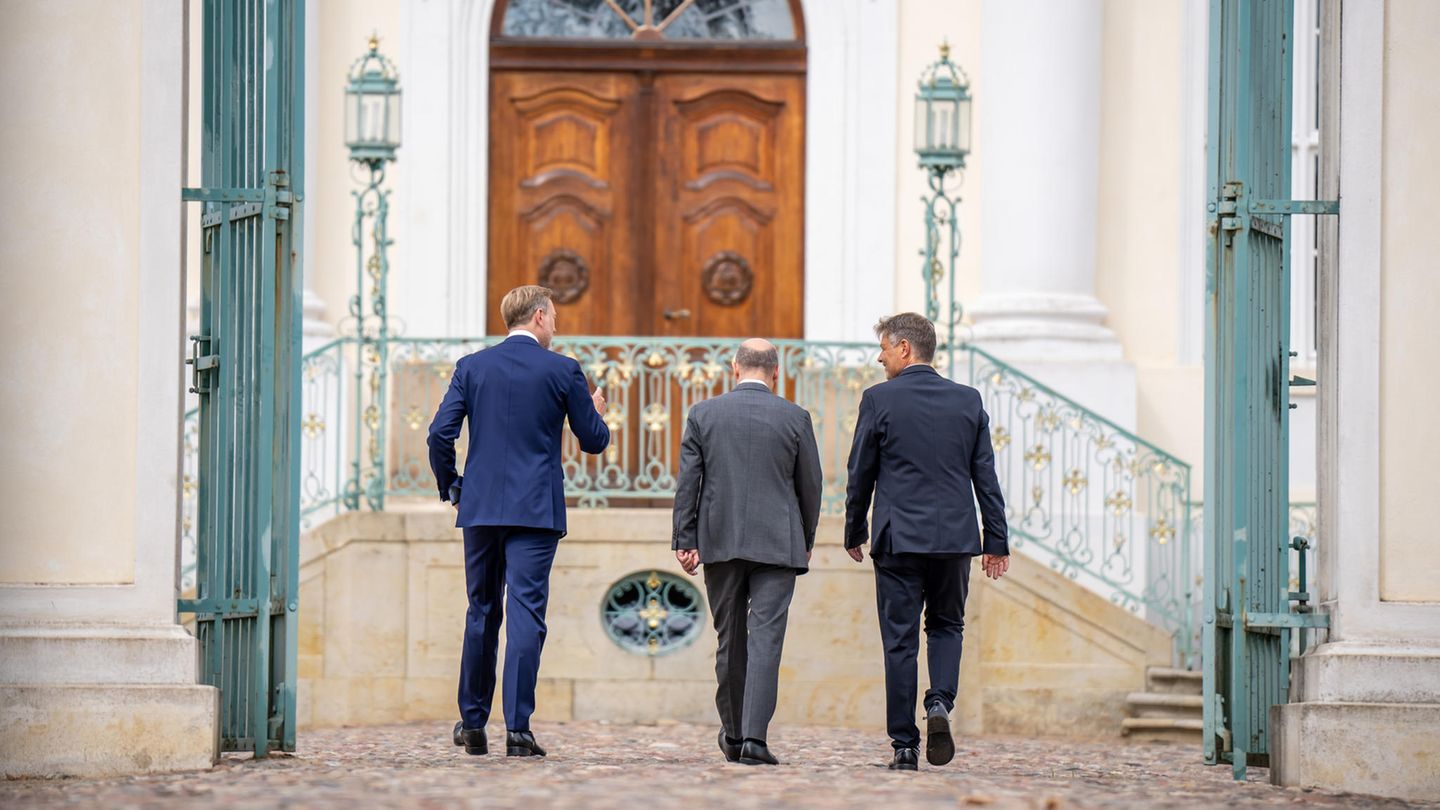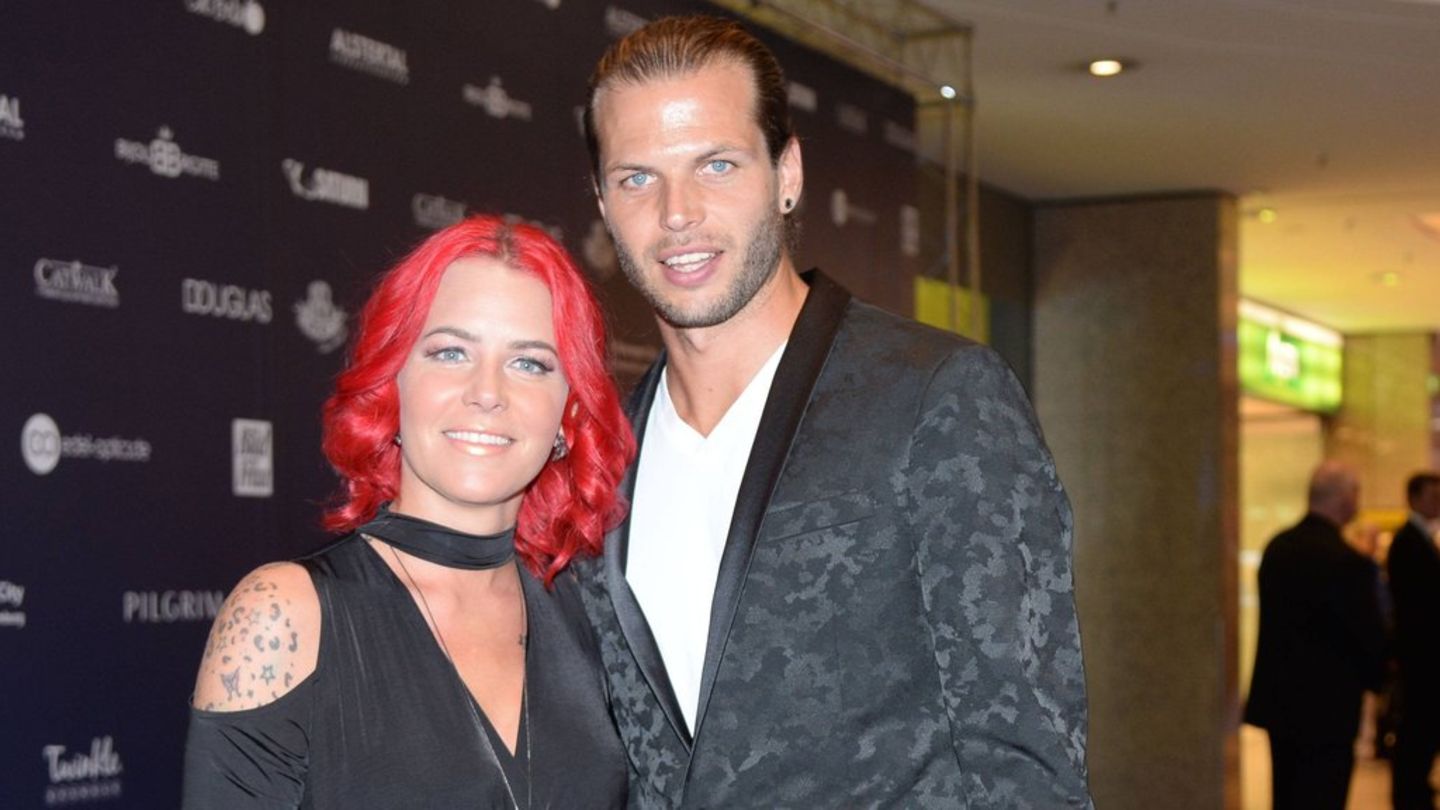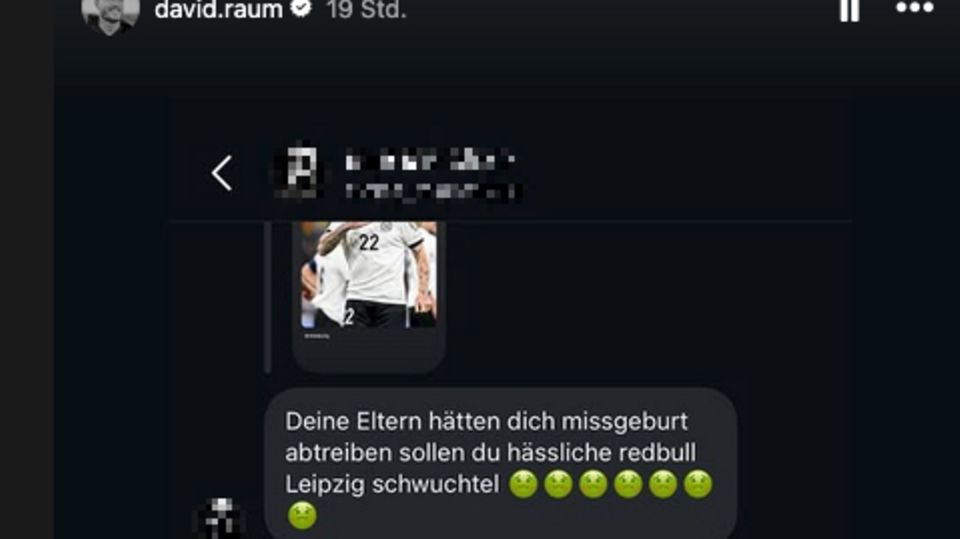column
The Federal President is calling the traffic light coalition back to the workbench. The appeal comes at the right time. After Solingen, seriousness is required again.
The Federal President has made a clear appeal to the government. This rarely happens because Frank-Walter Steinmeier interprets the traditionally imposed requirement of his office to exercise restraint in day-to-day politics very narrowly – too narrowly for my taste. This time, however, he made it clear: the “self-contrition” of the traffic light coalition, the talk of a transitional government and the speculation about other coalitions must stop. Steinmeier, the son of a carpenter, called on the traffic light coalition: “Back to the workbench!”
The appeal comes at the right time: The traffic light coalition is on the verge of being politically incapable, while the attack in Solingen demands the opposite from the government – primarily from the three leaders Olaf Scholz, Robert Habeck and Christian Lindner.
Back to the workbench: This is a remarkable formulation, because only those who have left can return. The Federal President thus sums up an impression that has become very firmly established in the leadership trio in recent weeks: the coalition partners spend more energy on picking on each other and then complaining about the bad treatment of each other, than on their actual work. In this way, for example, twelve billion euros remained unfunded in the budget, which Vice Chancellor Robert Habeck only commented on with a rhetorical shrug: “That’s just the way it is, right?”
The traffic light: From a relationship of convenience to a test of endurance
In this unique mixture of whining, weariness and helplessness, the traffic light coalition staggered towards the end of the parliamentary summer recess and has now emerged in an even more holiday-ready state. In Thuringia and Saxony, they can expect disastrous election results. And behind this, the sunset of the traffic light’s demise is looming, sooner or later. Sooner, more likely.
Coalitions are complex networks from the government down through the parties, their factions and individual MPs. But if the top people work together, even coalitions that began with the sentence that this was not a marriage of love but a relationship of convenience can work. Just like the traffic light coalition. Scholz, Habeck and Lindner have long tried to show a certain seriousness about the task, beyond political differences, and to simulate solidarity despite all adversities. Now that is also disappearing.
Gerhard Schröder and Joschka Fischer were the last coalition leaders who were truly united by a common, if simple, project: they wanted to break the conservatives’ obvious claim to power. Angela Merkel and Guido Westerwelle only believed they were leading a dream coalition until the political reality of life proved the opposite. In the grand coalitions, Angela Merkel’s interaction with various SPD vice-chancellors was at least characterized by respect. But the traffic light coalition? It was never a dream coalition, had no project – and now there is a lack of respect too.
After Solingen, the government is facing a big task. It would sound cynical to talk about their last chance. Scholz, Habeck and Lindner must work together to provide answers to people’s fears. If they are sensible answers, they could also distance themselves from some of the Union’s excessive demands. But this time, one sentence is no longer an answer: “It’s just like that, right?”
Source: Stern
I have been working in the news industry for over 6 years, first as a reporter and now as an editor. I have covered politics extensively, and my work has appeared in major newspapers and online news outlets around the world. In addition to my writing, I also contribute regularly to 24 Hours World.




